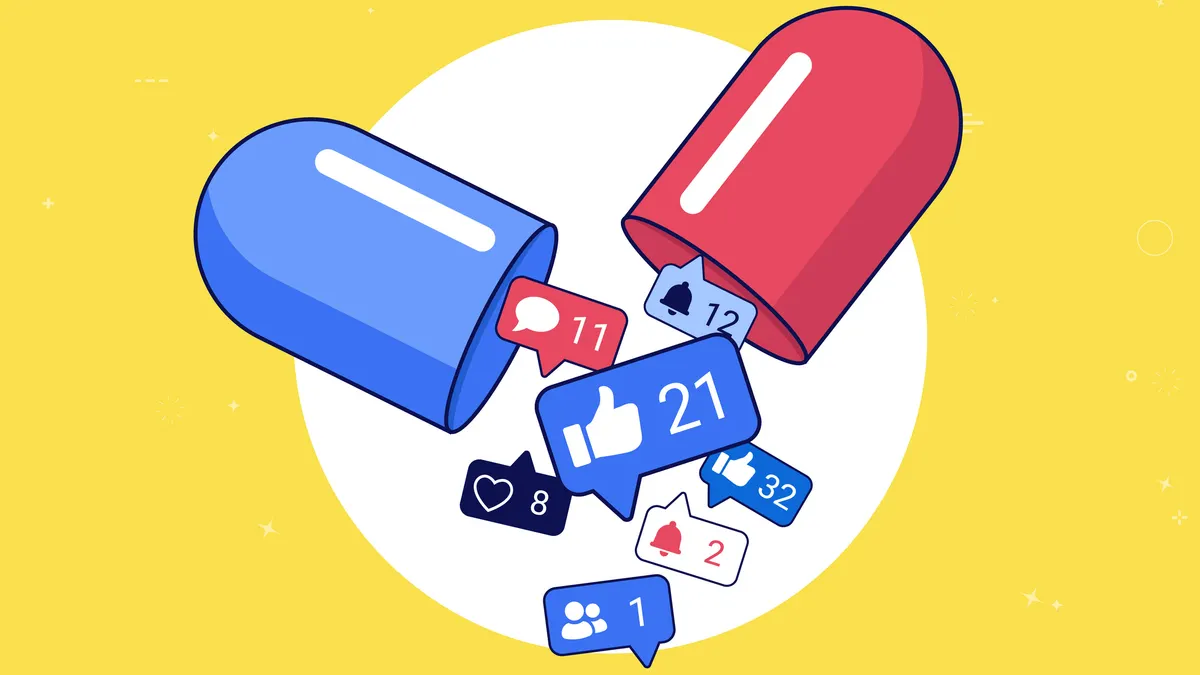Use of data-powered eSolutions will rapidly increase as HCPs become more aware of their benefits and more strongly motivated to test the waters and experience these tools firsthand.
Healthcare is continuing its major shift toward “accountable care" — a move based on anticipated resulting improvements in access, coordination, quality, and cost-effectiveness. Healthcare quality improvement initiatives (HQIIs), such as accountable care organizations (ACOs), the physician quality reporting system (PQRS), the Healthcare Effectiveness Data and Information Set (HEDIS), and patient-centered medical homes (PCMHs), are challenging healthcare providers (HCPs) to eliminate redundant services, increase preventive care measures, and improve the quality of care.
Just how substantial is this shift in care? According to a recent survey, nearly half the hospitals in the United States are participating in ACOs.
The success of accountable care/quality initiatives such as ACOs relies heavily on the effective coordination of patient information between providers across the healthcare continuum — and eSolutions are making this a reality. Powerful electronic health record (EHR) systems are serving as foundations for clinical integration and are capturing and retrieving data at levels more granular than ever before. In addition, a new breed of eSolutions is working to analyze the data generated by EHRs to provide HCPs with actionable intelligence to effectively manage their patient populations.
The Value of Data-Powered eSolutions
Use of data-powered eSolutions will rapidly increase as HCPs become more aware of their benefits and more strongly motivated to test the waters and experience these tools firsthand. ACOs may provide their HCPs with the motivation. Other HCPs may be drawn by the focus on preventive care. Those comfortable with new technology (and many are) may welcome this latest development to their practice — and still others may be motivated financially.
The value of basing HCP tools on claims and clinical data is immeasurable. First, eSolutions are valuable to HCPs who want to measure how they are doing with respect to benchmarks established for PQRS, HEDIS, and other quality measures. Performance against these benchmarks can positively (or negatively) affect subsequent reimbursement. Second, these tools can help HCPs gauge and improve their clinical performance — which, for independent practices, is more crucial both to patients’ health and the bottom line.
There are few limits to what data-powered eSolutions can do. Everything depends on the imagination of the developers and the source data. The best of breed will embrace interoperability in order to accept as many data sets as possible. Currently, HCPs can log on to one eSolution or another to pose questions. What disease states require longer office visits? Which patients of mine exhibit risk factors for a particular condition? Getting answers from these tools, and making the appropriate patient outreach, will help HCPs improve the quality of the care they provide and the efficiency of their practice.
Next-Generation eSolutions: Fueling Partnerships
This next generation offers a myriad of partnership opportunities for pharma. As HCPs tend to be heavy users of information tools, there is no better environment for marketers to deliver important healthcare messaging about the attributes of pharmaceutical products. Moreover, HCPs consult these tools not when they are running from one patient visit to another, but when they have uninterrupted time to focus. The result is deep interaction with delivered content.
Marketers need to embrace a useful marketing approach. Sponsor an eSolution (or part thereof) that assists HCPs in managing patients who have a condition for which your brand is indicated. Incorporate your branding into this eSolution and, while resisting the urge to push too hard, provide a way for HCPs to access information about your brand. As has been shown in many industries, this approach resonates in our increasingly consumer/HCP-centric markets.
Possibly the most intriguing potential of the next generation of eSolutions is how they can assist in the elusive goal of aligning stakeholders — payers, providers, patients, and pharma — to establish an equilibrium or pharmacosynchrony. These tools can identify a patient at risk for a major adverse event and can prompt the patient’s physician to intervene. In many cases, to intervene is to prescribe a medication. The payer can then achieve its goal of reducing or eliminating costs, particularly those incurred from lengthy hospital stays, and pharma can increase sales. Most important, patients can maintain their health or become healthier.
Next-generation eSolutions, such as Instinctive Data, are facilitating these connections and making accountable care a reality by creating and implementing information tools that can assist in accountable care. For example, HCPs can use Instinctive Data’s Identify Patients feature to instantly determine which of their patients are candidates for particular treatments. They can track their patients’ progress and treatment regimen adherence. They can also use the feature’s built-in functions to search for relative risk factors and identify rare diseases in their patients. What is clear is that healthcare has become smarter, tomorrow is here, and we must get to work envisioning more new and exciting changes — new tomorrows.
Contributed by: Rick Vaughan, Director, Instinctive Data, powered by MDOL. Instinctive Data, powered by MDOL, enables pharmaceutical and medical device companies to target the right physicians for their products and effectively broaden their brand’s reach via relevant, non-personal HCP-targeted messaging delivered within their existing workflow. MDOL is a leader in healthcare information technology, serving a wide variety of clients with solutions such as healthcare transaction EDI, practice management, EMR, data analytics, and targeted marketing. For more information, visit instinctivedata.com.


















